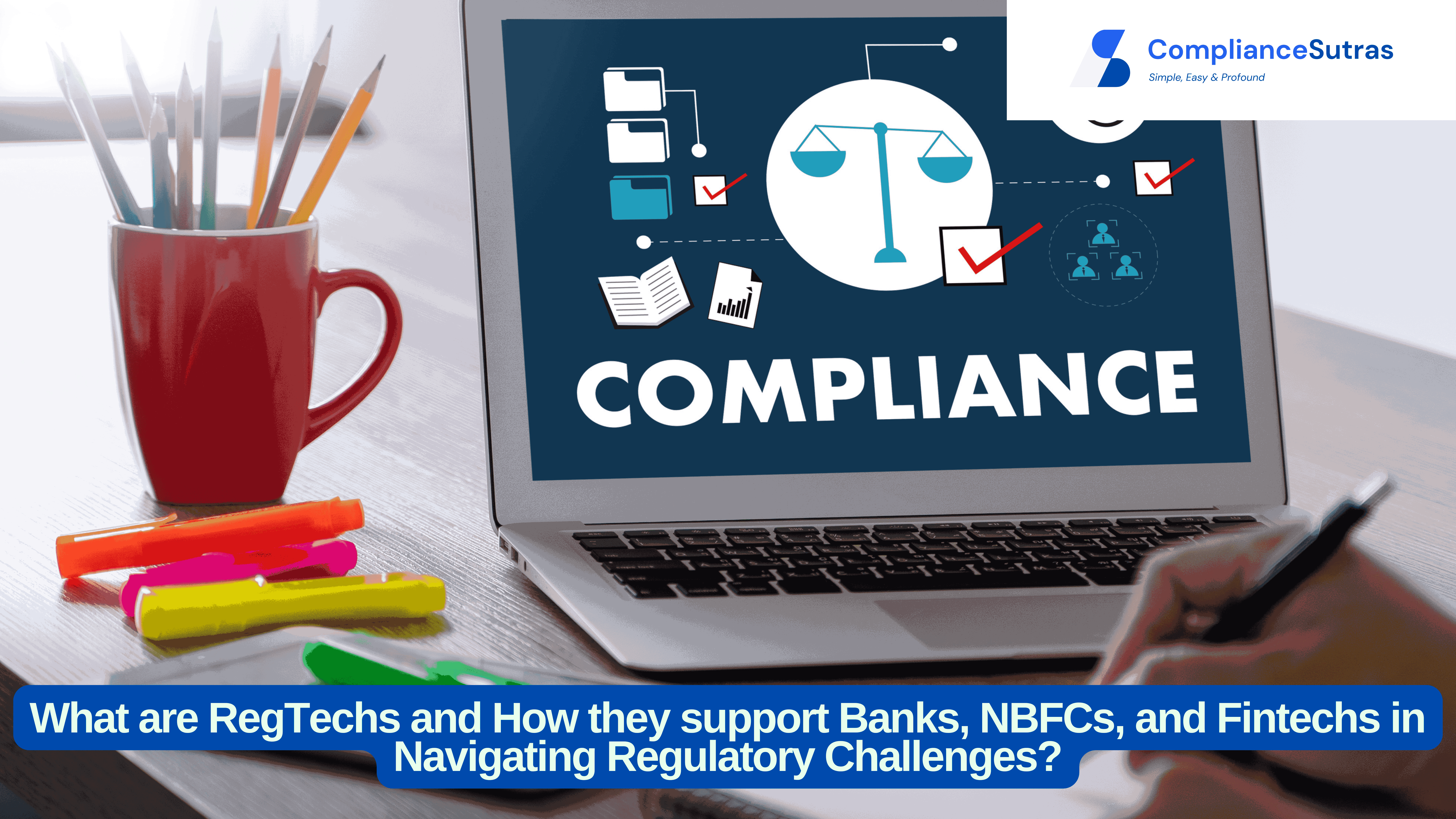
Over the past year, the Reserve Bank of India (RBI) has sharply increased its enforcement actions against financial institutions, levying numerous penalties for non-compliance with regulatory standards. This surge in penalties signals the RBI’s growing concern over adherence to key regulations, particularly around Know Your Customer (KYC) and Anti-Money Laundering (AML) protocols.
This blog explores the recent penalties imposed by the RBI, the reasons behind these actions, and what these cases reveal about compliance challenges in the financial sector.
A. Overview of Recent Penalties
In 2023 alone, the RBI imposed 261 penalties, reflecting an 88% increase in enforcement actions over the last three years. These penalties collectively amounted to ₹78.6 crore, with KYC and AML violations being the most common infractions. Notable recent penalties include:
- Axis Bank: Fined ₹1.91 crore for multiple compliance failures related to KYC norms and interest rate regulations.
- HDFC Bank: Penalized ₹1 crore for non-compliance with customer service practices and unauthorized operations involving internal accounts.
- SMFG India Credit Company: Fined ₹23.1 lakh for failing to meet IT and cybersecurity guidelines.
These penalties illustrate the RBI’s increased scrutiny, especially toward fintechs and non-banking financial companies (NBFCs) that may lack comprehensive compliance frameworks.
B. Why Are These Penalties Happening?
1. Increased Regulatory Scrutiny
The RBI has intensified its supervisory activities, with a particular focus on fintechs and NBFCs. These sectors have been growing rapidly but often lack mature compliance and risk management frameworks. This heightened scrutiny aims to ensure these institutions are adhering to regulatory standards, as the RBI seeks to reinforce stability and integrity within the financial ecosystem.
2. Systemic Compliance Issues
Smaller institutions, particularly urban and rural cooperative banks, often face systemic challenges in managing compliance. Limited resources, both in terms of personnel and expertise, make it difficult for these institutions to maintain adequate risk management practices, leading to a higher incidence of regulatory violations. This issue is compounded by a lack of dedicated compliance infrastructure within these organizations.
3. Technological Gaps
Despite being technology-driven, fintech companies sometimes prioritize innovation over regulatory compliance. This can result in underdeveloped KYC procedures or insufficient cybersecurity measures, making these institutions vulnerable to penalties. For instance, SMFG India Credit Company faced penalties for failing to conduct necessary IT audits and for lacking oversight over outsourced vendors, highlighting a technological and procedural gap in compliance.
4. Non-Adherence to Guidelines
In some cases, institutions failed to adhere to specific RBI guidelines. For example:
- Axis Bank was found to have opened savings accounts for ineligible entities and issued multiple customer identification codes instead of a Unique Customer Identification Code (UCIC), violating regulatory norms.
- HDFC Bank faced penalties for unauthorized customer contact times, further illustrating compliance lapses.
Such cases underscore the need for strict adherence to regulatory guidelines and the risks associated with overlooking essential compliance practices.
C. What Went Wrong?
The rise in penalties can be attributed to several key factors:
- Inadequate Compliance Frameworks: Many institutions lack the necessary infrastructure and dedicated personnel for effective compliance oversight, which increases the likelihood of lapses.
- Failure to Prioritize Regulatory Requirements: A focus on rapid growth often overshadows the need to comply with regulatory standards, resulting in breaches and penalties.
- Lack of Training and Awareness: Insufficient training on compliance requirements leaves staff unaware of critical protocols, leading to unintentional violations.
D. Conclusion
The recent spike in RBI penalties serves as a clear wake-up call for banks, NBFCs, and fintechs operating within India’s financial landscape. As regulatory scrutiny intensifies, these institutions need to prioritize building robust compliance frameworks that incorporate comprehensive risk management practices. By investing in employee training, adopting advanced technology solutions, and establishing dedicated compliance teams, financial institutions can mitigate the risks of non-compliance and avoid costly penalties.
As the regulatory environment continues to evolve, proactive adaptation will be crucial for success. The BFSI sector must recognize the importance of compliance as a strategic priority, preparing itself for the challenges ahead and ensuring it meets the complexities of an increasingly regulated financial landscape.
How Compliance Sutras can enable BFSI towards Regulatory Compliance?
Compliance Sutra’s pioneering, women-founded SaaS-based RegTech company has created an AI-enabled compliance platform designed specifically for the BFSI sector. By supporting CXOs, Chief Compliance Officers (CCOs), and Chief Risk Officers (CROs) with a comprehensive, automated compliance toolkit, Compliance Sutras helps institutions stay ahead of complex regulatory demands.
Compliance Sutras addresses the main pain points that financial institutions encounter with its specialized features in managing the complete compliance and operational risk journey, including:
- Compliance Risk: Tailored solutions for Chief Compliance Officers covering Risks & Controls, Processes, Compliance Risk Assessment, Self-Certification and Breach Reporting and KCIs/KRIs.
- Operational Risk: Comprehensive support for Chief Risk Officers covering RCSAs, Incident, Scenario Analysis, and Dashboard Views for CXOs across the enterprise, organization, and department.
- One View: Our solution is fully aligned with RBI requirements, offering an integrated, end-to-end platform that covers everything from risks and controls to real-time CXO dashboard insights.
Through Compliance Sutras, Banks and NBFCs, Fintechs, Securities and Insurance Companies can leverage cutting-edge technology to transform their approach to compliance, ensuring they’re always a step ahead of regulatory changes. This proactive approach not only mitigates the risks of penalties and operational disruptions but also cultivates a robust culture of compliance and trust.
For financial institutions, aligning with Compliance Sutras means setting their sails toward a future of secure, efficient, and regulation-ready operations, ultimately leading to smoother sailing through the RBI’s compliance norms.
Team – Research & Analysis
Compliance Sutras Technologies Private Limited
Reach us at connect@regtechcomply.ai








